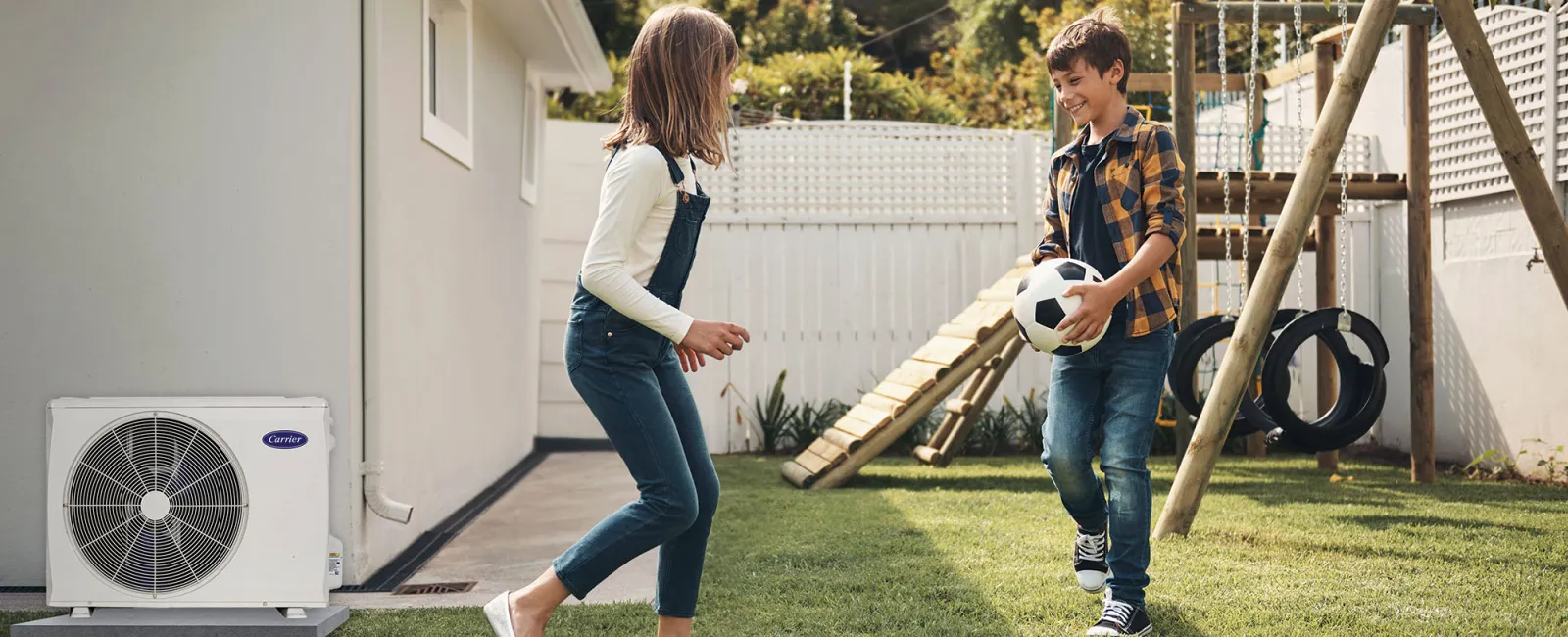August 08, 2024
How to Get the Most Out of Your HVAC System During a Heatwave
Because Your AC Deserves a Medal for Surviving Atlanta Summers

Understanding Your HVAC System's Capabilities
To make sure your HVAC system can handle a heatwave, it's essential to know its strengths and weaknesses. Regular maintenance, such as annual check-ups, helps keep your system running efficiently and can prevent unexpected breakdowns during peak usage times. If your system is older, consider having a professional evaluate its efficiency and recommend upgrades if necessary.
Simple Adjustments for Maximum Cooling Efficiency
Optimize Thermostat Settings
During a heatwave, small adjustments can make a significant difference:
- Set your thermostat to 78°F (25°C) when you're home to maintain comfort without overloading your system.
- Increase the temperature when you're away. A few degrees higher can significantly reduce energy consumption without impacting comfort when you're not home.
Programmable and Smart Thermostats
- Programmable Thermostats: Set your thermostat to cool your home just before you return from work, so you walk into a comfortable environment without running the AC all day.
- Smart Thermostats: These can learn your schedule and preferences, adjusting temperatures automatically to optimize energy use and comfort. Consider options like the Nest Learning Thermostat or Ecobee SmartThermostat for additional features like remote control and energy usage reports.
Enhance Airflow
- Use ceiling fans or portable fans to help distribute cool air more evenly throughout your home. This allows you to set your thermostat a few degrees higher without sacrificing comfort.
- Ensure all vents are open and unblocked by furniture or drapes to maintain proper airflow.
Regular Maintenance Tips to Keep Your System Running Smoothly
Regular maintenance is crucial to keep your HVAC system running efficiently, especially during a heatwave. Here are some key tasks:
Replace Air Filters
- Check and replace air filters monthly during high usage periods. A clean filter improves airflow and reduces strain on the system, which can prevent breakdowns and extend the life of your HVAC unit.
Clean Vents and Ducts
- Clean your vents and ducts regularly. Dust and debris can accumulate, obstructing airflow and making your system work harder. Ensure that all vents are open and unblocked to maximize efficiency.
Outdoor Unit Care
- Keep the outdoor unit clear of debris. Remove leaves, grass clippings, and any other debris that might obstruct airflow. Trim back plants and shrubs to provide at least two feet of clearance around the unit.
Smart Thermostats: A Game Changer in Extreme Heat
Smart thermostats offer advanced features that can significantly improve your HVAC system's performance during a heatwave:
- Remote Control: Manage settings via smartphone, which is especially handy if you're away from home.
- Energy Usage Reports: These can help you understand how and when you're using the most energy, allowing you to make informed adjustments.
- Integration with Other Smart Devices: This can create a more seamless and efficient home environment.
Energy-Saving Tips for Running Your AC
To help your HVAC system run more efficiently and save on energy costs, consider the following tips:
Use Curtains and Blinds
- Block out direct sunlight during the hottest parts of the day by using curtains and blinds. This simple step can reduce the indoor temperature significantly and ease the burden on your AC.
Seal Leaks and Insulate
- Seal leaks around windows and doors and add insulation to your home. These improvements prevent cool air from escaping and hot air from entering, which can make a noticeable difference in your home's overall energy efficiency.
Nighttime Cooling
- Take advantage of cooler nighttime temperatures by turning off the AC and opening windows if it's safe to do so. Using fans to circulate air can help maintain a comfortable temperature without relying solely on your HVAC system.
Identifying and Fixing Common HVAC Issues
Be on the lookout for warning signs that your HVAC system may be struggling, such as unusual noises, inconsistent cooling, or higher-than-normal energy bills. These symptoms can indicate problems that, if addressed early, can prevent more significant issues.
DIY Troubleshooting
- Check the circuit breaker: Sometimes, a simple reset can solve the problem.
- Inspect the thermostat settings: Ensure they're correctly set to your desired temperature and mode.
When to Call a Professional
- Refrigerant leaks: Low refrigerant levels can severely impact your system's ability to cool.
- Compressor issues: These require professional attention and are not typically DIY fixes.
Scheduling Routine HVAC Inspections
Regular professional inspections are essential for maintaining your HVAC system's efficiency and longevity. A comprehensive inspection typically includes:
- Checking refrigerant levels
- Inspecting ductwork
- Cleaning coils
- Ensuring all components are functioning correctly
By following these tips, you can help ensure your HVAC system runs efficiently during Atlanta's heatwave, keeping you cool and comfortable. Regular maintenance, smart adjustments, and professional care are key to maximizing performance and extending your system's lifespan. Stay cool out there!p






